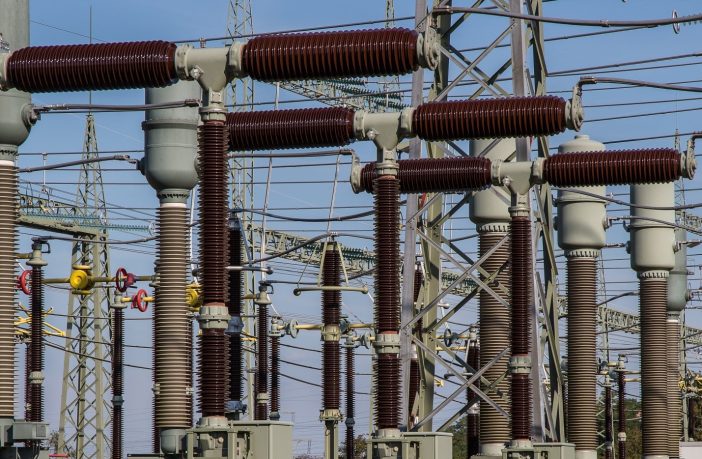- The new masterplan envisages a rise in installed generation capacity from the current 2,638MW to 17,720MW.
- The new plan seeks to ensure a diversification of energy sources including hydropower, natural gas and coal.
- Currently, about 28% of the Mozambican population has access to electricity.
This week, the Mozambican government approved the Integrated Master Plan for electricity infrastructure for the period 2018-2043. This ambitious plan is aimed at increasing the country’s capacity to generate, consume and export electricity over the next quarter of a century, the Mozambique News Agency reported.
Expected to cost in the region of US34 Billion, the master plan seeks to ensure a diversification of energy sources including hydropower, natural gas and coal. Of the budget, US 18 billion will be invested in energy generation, while the balance will be directed towards transmission and distribution.
The document envisages a rise in installed generation capacity from the current 2,638MW to 17,720MW. Mozambique’s electricity demand is expected to reach approximately 8,000MW, ten times more than current levels (excluding the power used by the MOZAL aluminium smelter on the outskirts of Maputo).
The integrated master plan predicts electricity exports to other members of the Southern African Development Community to rise from the current level of 1,500MW to 7,000MW.
Addressing media after the weekly meeting of the Council of Ministers, the government spokesperson, Deputy of Culture and Tourism Minister Ana Comoana said the projected electricity transmission line from the Zambezi Valley to Maputo “will be determinant for the viability of the production plan.”
The Council of Ministers also approved the National Electrification Strategy for 2018-2030, which is intended to ensure universal access to electricity by the cut-off date.
Currently, about 28% of the Mozambican population has access to electricity. This is expected to rise to 38% by 2020 and to 100% in 2030.
Author: Babalwa Bungane
This article was originally published on ESI Africa and is republished with permission with minor editorial changes. Link to original















